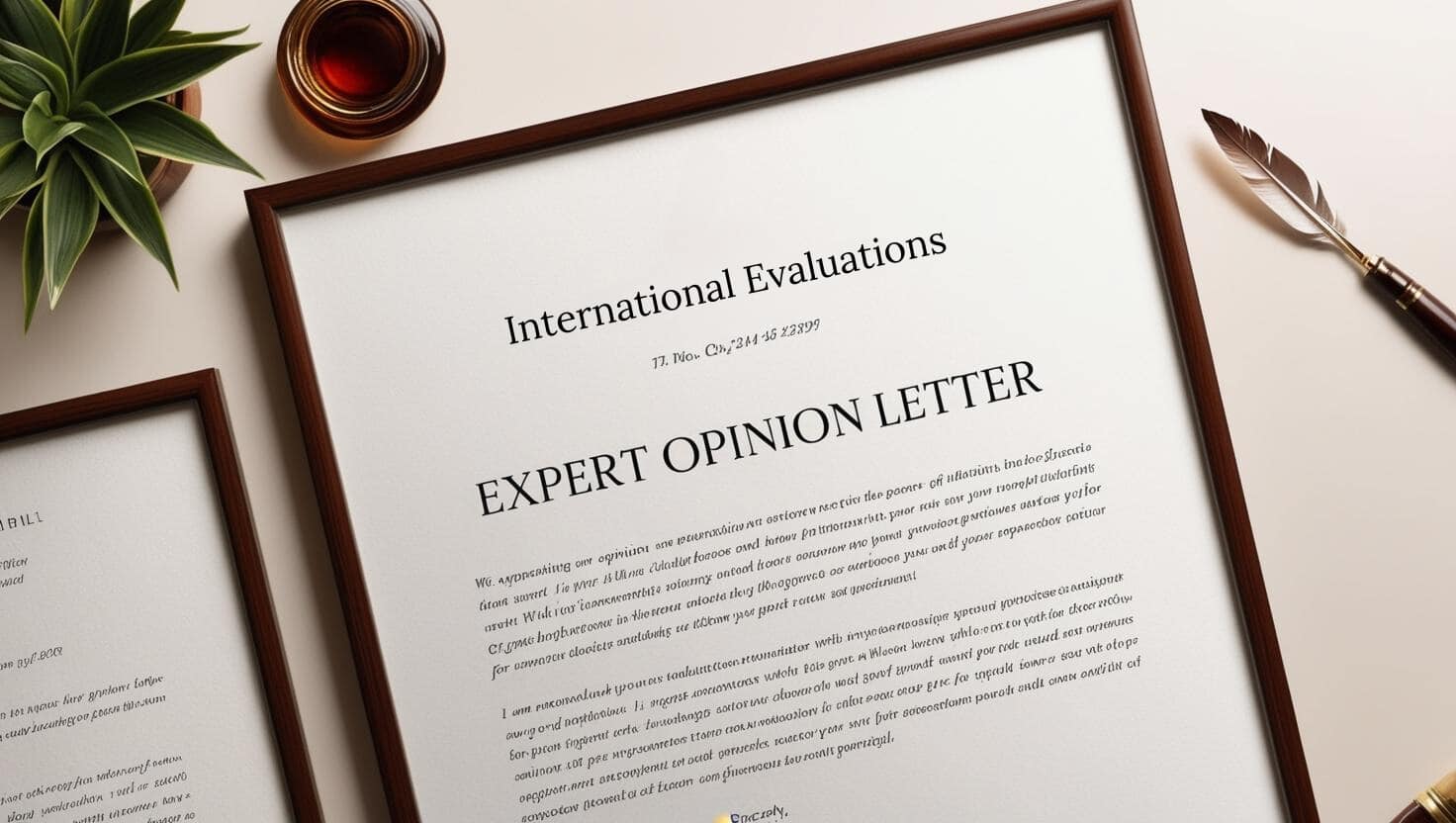Introduction
In a progressively globalized world, the demand for experts who can browse international borders has never ever been greater. As business broaden their operations throughout continents, understanding the subtleties of work experience evaluation becomes essential for both companies and workers. This article dives deep into the complexities of work experience evaluation, clarifying its value in worldwide mobility, the processes included, and how it intersects with academic credential evaluation and other vital factors.
Understanding the Nuances of Work Experience Evaluation for Global Mobility
When we talk about work experience evaluation, we're essentially talking about a structured technique to examine a person's professional background, abilities, and competencies in a worldwide context. This examination is important for numerous stakeholders including companies seeking to hire worldwide skill, people looking for employment abroad, and educational institutions using programs to improve employability.
Work experience assessments assist bridge the gap between varied global work standards. They ensure that relevant experiences are recognized and valued properly. This procedure typically includes an expert opinion letter which provides a comprehensive analysis of a candidate's certifications relative to market standards.
The Significance of Work Experience Assessment in Worldwide Mobility
Navigating International Standards
With various countries having differed requirements for assessing expert experience, comprehending these disparities becomes important. A reliable work experience evaluation permits companies to line up candidates' backgrounds with local expectations.
Enhancing Employability
For job applicants going for opportunities abroad, providing a precise depiction of their work history can substantially boost their employability. Examinations performed by respectable international credential assessment services offer prospective employers a clear picture of what candidates bring to the table.
Key Elements of Work Experience Evaluation
1. Document Verification
Document verification is fundamental in developing the credibility of a candidate's work experience. Each document needs to be inspected completely to prevent fraud or misrepresentation.

2. Skill Assessment
An extensive skill evaluation evaluates the competencies obtained throughout previous employment. This may include technical skills in addition to soft skills like interaction or leadership abilities.
3. Expert Opinion Letter
A specialist viewpoint letter plays an essential role in confirming work experiences. It functions as an authoritative endorsement from recognized experts within particular markets or sectors.
Types of Credential Evaluations Related to Work Experience
1. Academic Credential Evaluation
This process examines instructional certifications acquired from organizations outside the nation where one looks for work or further education. Comprehending how academic qualifications https://rivergfcp447.timeforchangecounselling.com/building-a-strong-foundation-the-significance-of-company-plan-evaluation associate with work experiences is essential as some roles require specific academic backgrounds.
2. Course-by-Course Credential Evaluation
For applicants who want to demonstrate their academic standing in addition to useful experiences, course-by-course evaluations offer comprehensive breakdowns naturally taken, grades received, and equivalencies established in relation to local education systems.
3. Business Plan Evaluation
While primarily relevant for entrepreneurs, organization plan evaluations can link with work experience evaluations when individuals seek funding or collaborations based upon their previous roles and accomplishments within specific industries.
The Process of Performing a Work Experience Evaluation
Conducting a comprehensive evaluation includes a number of actions:

- Collecting needed documents such as letters from previous companies, pay stubs, or task descriptions. Engaging with international credential examination services that focus on assessing foreign work experiences. Compiling findings into extensive reports that overview confirmed abilities and experiences clearly.
Challenges in Work Experience Evaluation
Despite its significance, there are difficulties connected with examining work experience worldwide:
- Variability in job titles and duties across different cultures can complicate comparisons. Inconsistencies in paperwork practices may result in troubles in verifying claims made by candidates.
Best Practices for Efficient Work Experience Evaluation
To make sure accuracy and fairness in examinations:
Establish clear standards concerning what constitutes valid work experience. Engage qualified evaluators who understand both regional and international market demands. Utilize technology-driven services for effective information collection and analysis.
Future Patterns in Work Experience Evaluations
As globalization continues to progress:
- We anticipate increased use of artificial intelligence tools to improve evaluations. More focus will likely be placed on soft abilities and versatility together with traditional difficult skills due to changing labor force dynamics.
FAQs
Q1: What is an expert viewpoint letter?
An expert viewpoint letter is a file supplied by market specialists that confirms an individual's credentials or experiences according to industry standards.
Q2: How does academic credential assessment effect work experience?
Academic credential evaluations help contextualize instructional qualifications against regional expectations, improving understanding during work experience assessments.
Q3: Why do I need a course-by-course credential evaluation?
A course-by-course credential examination supplies comprehensive insights into your academic history, showing how your education matches your professional experiences.
Q4: Can my previous task title impact my work experience evaluation?
Yes! Task titles vary widely throughout areas; therefore it's important that evaluators think about obligations instead of titles alone when assessing qualifications.
Q5: What types of documents are required for work experience evaluations?
Usually required files include letters from past employers detailing your role/responsibilities, pay stubs indicating duration at each position, and any related accreditations made during employment.
Q6: How long does a normal work experience assessment take?
The duration can vary extensively based upon complexity however generally ranges from several weeks as much as 3 months depending on documentation availability and confirmation needs.
Conclusion
Understanding the subtleties of work experience examination is necessary for navigating today's worldwide workforce landscape efficiently. By valuing the intricacies included-- varying from documentation confirmation through professional opinion letters-- it ends up being clear that this process is not merely bureaucratic but deeply important to ensuring that skill is acknowledged precisely across borders.
As companies progressively value varied viewpoints brought by global talent swimming pools, those included-- be it task seekers or companies-- need to stay educated about finest practices surrounding these examinations while likewise adjusting as patterns progress within this vibrant field.
By harnessing reliable resources such as scholastic credential assessments and engaging with respectable worldwide credential evaluation services, individuals can enhance their profiles considerably while companies can make informed hiring decisions lined up with their tactical objectives-- eventually promoting development within our interconnected world economy.